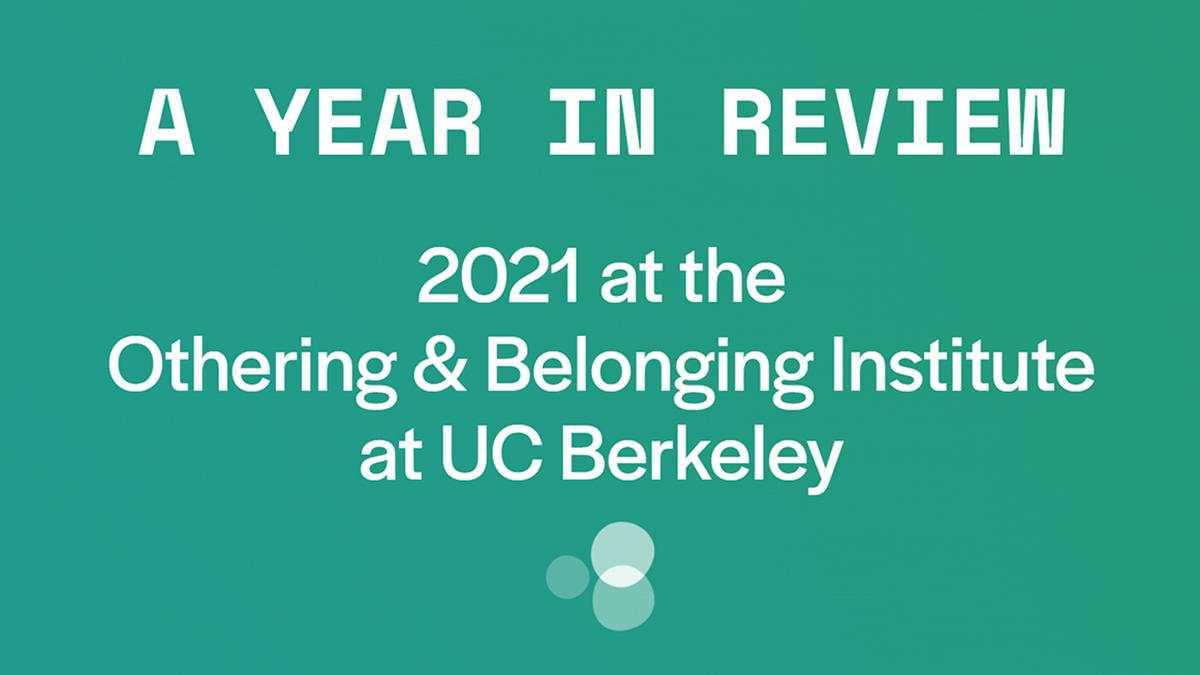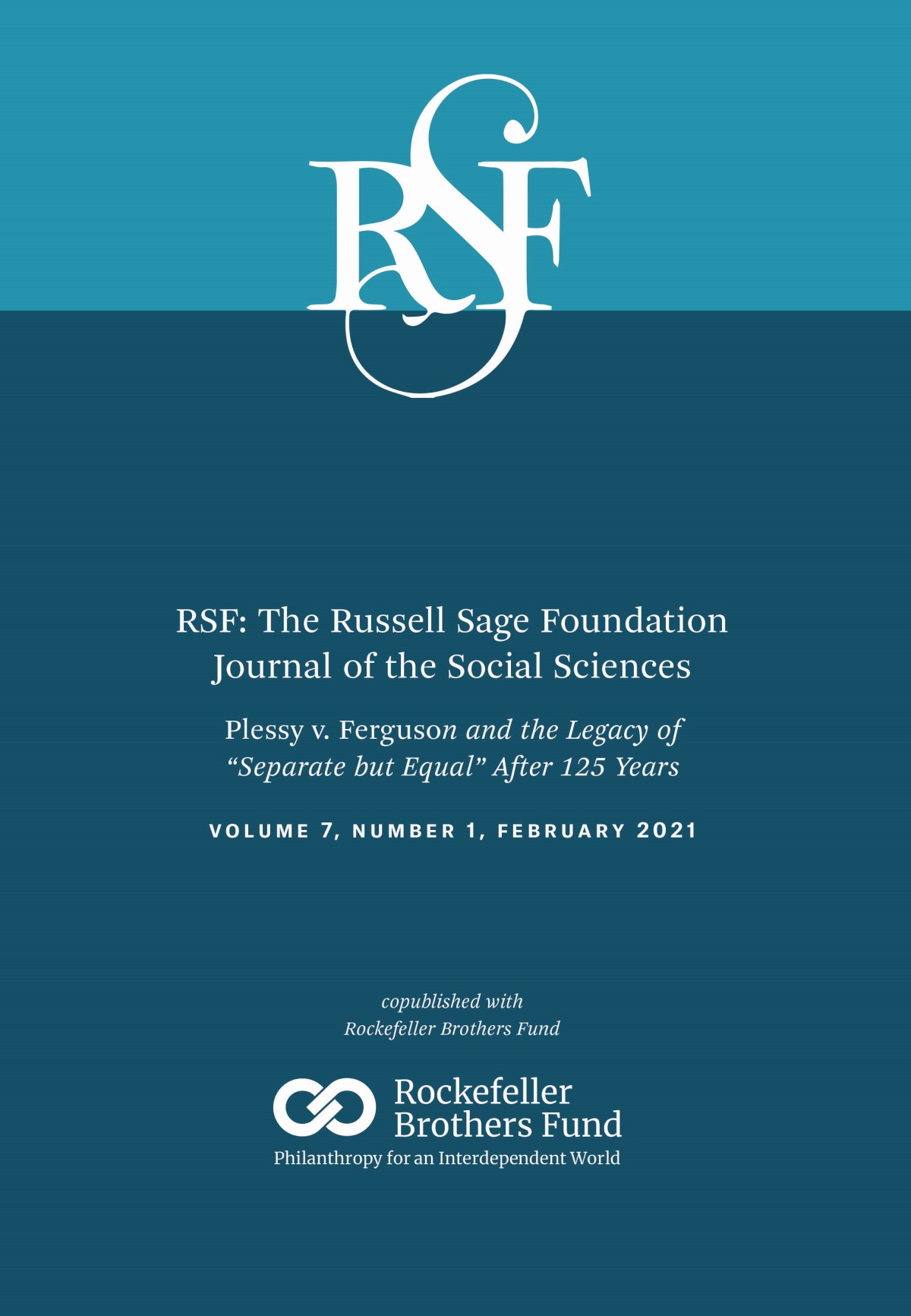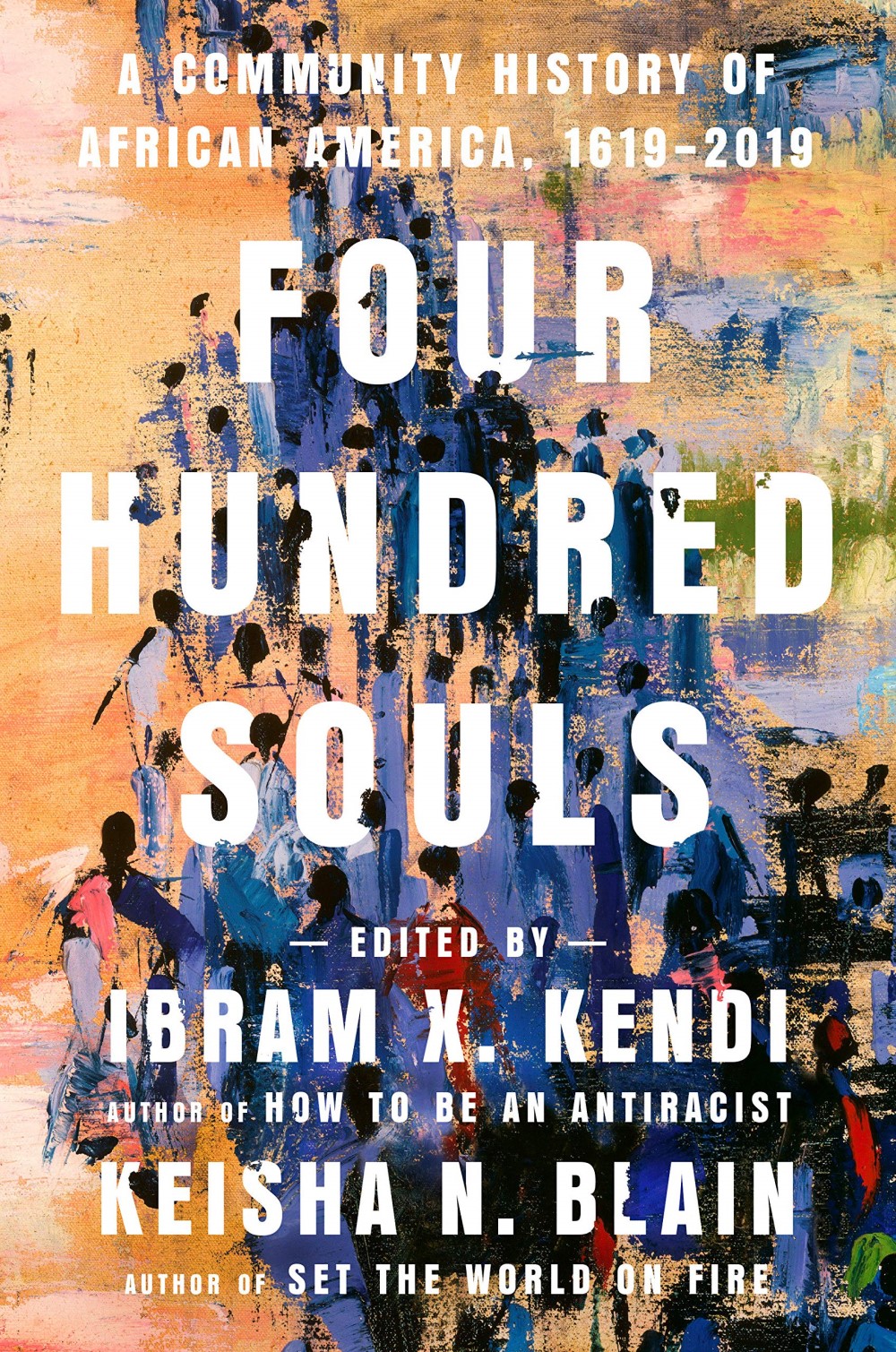Articles & Chapters
As a research hub, we strive to have a voice in many spheres. Our multidisciplinary approach means that we draw insights across diverse fields in order to cultivate rich collaborations and contribute to today’s most pressing public conversations.
As such, we publish work in publications across different practices so that we can help shape the conversations — and be shaped by them as well.
The Law and Significance of Plessy
by john a. powell and Stephen Menendian
In this article, originally published in the Russell Sage Foundation's Journal of the Social Sciences on Feb. 17, 2021, OBI Director john a. powell and Assistant Director Stephen Menendian explore the legal history that precluded and followed the case of Plessy v. Ferguson, setting up the historical context and significance of the case. He demonstrates the embeddedness of structural racism in the American legal system and the slow work done to untangle racism from the law.
john a. powell in Four Hundred Souls:
A Community History of African America, 1619–2019
A new volume edited by Ibram X. Kendi and Keisha N. Blain
OBI Director john a. powell contributed to a volume on the history of Black people in the United States entitled Four Hundred Souls: A Community History of African America, 1619-2019 edited by Ibram X. Kendi, author of How to be an Antiracist, and Keisha N. Blain, author of Set the World on Fire. The volume included contributions from 90 scholars taking on roughly five year periods of African American history, covering themes of enslavement, early revolts, the American Revolution, the Civil War, Reconstruction, the Great Migration, Civil Rights, and Black Lives Matter. Director powell contributed an essay on the battles over the legality of slavery in 1850s, exploring the violent confrontations known as "Bleeding Kansas" between anti- and pro-slavery advocates in the state, and about the Dred Scott case in which Scott attempted to litigate for his and his family's freedom from bondage, but lost. The chapter shows how these cases helped set the stage for the Civil War.
Health Equity and the Circle of Human Concern
by john a. powell and Eloy Toppin
On February 1, 2021, Institute director john a. powell and staff researcher EJ Toppin published an article in the American Medical Association’s Journal of Ethics. The article contextualizes the impacts of the Covid-19 pandemic in the structural formations of society, arguing that group-based social location determines in large part exposure to the disease and access to treatment.
powell and Toppin urge as a remedy an expansion of the circle of human concern – an extension in the sphere of who is cared for and supported by society, achieved through structural and material changes to ensure that all of humanity has the ability to thrive. They propose targeted universalism as the policy method to construct a fair and equitable healthcare system.
Uprooting Authoritarianism
Deconstructing the Stories Behind Narrow Identities and Building a Society of Belonging
by john a. powell and Eloy Toppin
Authoritarianism is on the rise globally, threatening democratic society and ushering in an era of extreme division. Most analyses and proposals for challenging authoritarianism leave intact the underlying foundations that give rise to this social phenomenon because they rely on a decontextualized intergroup dynamic theory.
his article by OBI Director john a. powell and staff researcher EJ Toppin published in The Columbia Journal of Race and Law argues that any analysis that neglects the impact of dominance as a legitimizing characteristic of in-group formation and identity construction based on dominant in-group membership will fall short of understanding the surge of authoritarianism. In the West, and the United States in particular, this dominant ingroup takes shape around the ideology and social force of whiteness. Whiteness, as the bonding element of a dominant identity-based in-group, compels narrow identities and exclusive group membership. It also makes promises of social gain and advantage to those constituted as white, the erosion of which is the source of the authoritarian uprising in the United States. This article discusses the establishment of the Western metanarrative, and whiteness’s relation to it, and then advances a strategy to replace it with a more inclusive narrative of deep belonging, offering guidance to the social justice movement in its work toward this end,



